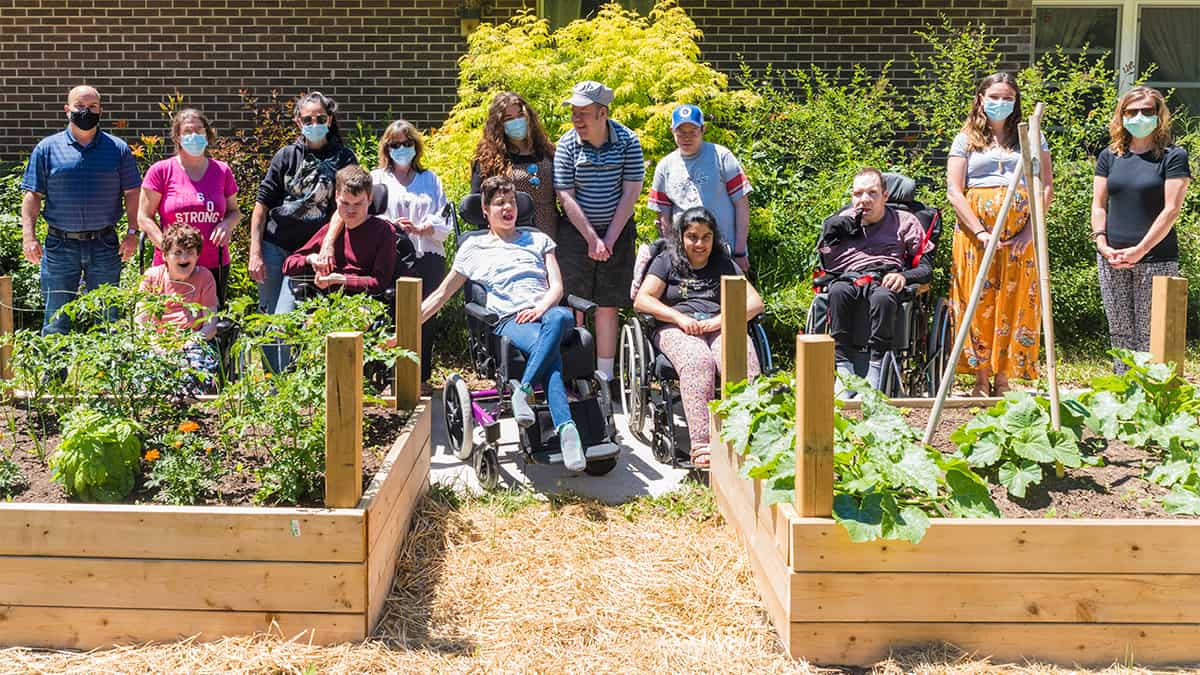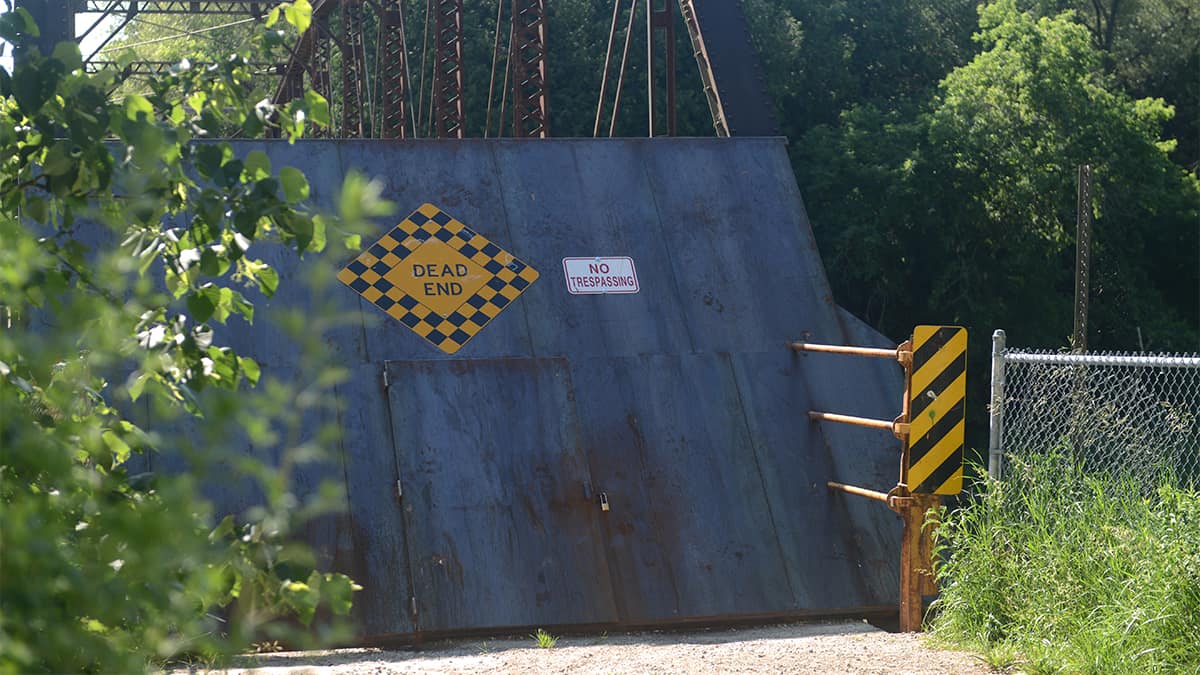Health officials explain that the Delta variant, with its efficiency in spreading more quickly, is the main reason behind why Waterloo Region is being held at step 1 while the rest of the province continues to reopen.
“We are back in full pandemic mode,” said Lee Fairclough, president of St. Mary’s General Hospital during the weekly pandemic update June 25.
Case numbers remain elevated in the region. At midweek, there were 457 active cases, with 56 people hospitalized due to the virus, which has claimed 262 lives since the pandemic began.
“Over the past two weeks the Delta variant has presented an enormous challenge for our region,” said regional Chair Karen Redman. “It is not only in congregate settings and workplace outbreaks but across our community and is putting increased strain on our hospitals and healthcare systems.”
Hospitalizations for COVID-19 patients have been disproportionately felt more by Waterloo Region than the rest of the province. Fairclough explained that as of last week, the amount of hospitalizations are equivalent to those seen at the peak of the second wave, with 23 per cent of patients in Ontario admitted for COVID-19 being cared for at the region’s three hospitals.
“That’s striking, considering that we represent four per cent of the population in Ontario,” said Fairclough. “This presents a similar level to where we were at the peak of wave two. Only in that case, we had a higher number of general cases in the population.”
When the region announced that it wouldn’t be continuing to stage 2 of the province’s reopening plan, residents were frustrated. Taking to social media, some citizens announced their plans to venture out to other regions to take advantage of their stage 2 designation. But for those residents, Fairclough has a word of warning.
“Please don’t. Please don’t do that,” said Fairclough. “We have seen multiple family members being admitted to hospital – so if you care about your family, don’t go see them in the neighbouring areas, because we’ve got Delta here.”
The best way local residents can fight against Delta and have a chance to rejoin the rest of the province is through vaccination. Dr. Hsiu-Li Wang has explained that since May 1, 76 per cent of confirmed cases were among individuals who were unvaccinated, 22 per cent of cases were from partially vaccinated individuals and just 1.6 per cent were fully vaccinated.
“In the Delta variant, the vaccines are highly effective at reducing the risk for severe outcomes,” said Wang. “With a Delta variant, we know that the first dose improves protection against infection. But the strongest protection is for those who are fully immunized.”
Those who will feel the full brunt of the lockdown will be the small and independent businesses in the region. The combination of being unable to open while competitors in other areas are welcoming customers poses a responsibility to those living in the region to make a concerted effort to support their neighbours.
“ I am really urging people to support local [businesses],” Dr Wang. “[People] that say ‘I’m going to take my business outside of the region,’ – you’re not supporting local [businesses], and we really need to support our local businesses right now.”
Health officials warn that there is a very real chance for Delta to rapidly spread throughout the province if those in the region decide to venture out to other communities.
“We know better – we know that mobility contributes to further spread,” said Fairclough. “Delta will rise if we give it a chance.”
It’s a different picture in neighbouring Wellington-Dufferin-Guelph, where there were just 65 active case at midweek, up from 54 a week earlier.
That catchment area’s cumulative total was 8,155, of which 7,965 (97.7 per cent) have been resolved. There have been a total of 125 fatalities since the pandemic began, up two from last week’s report.
The province continues to see growth in the total number of cases, though at a much slower pace, with the tally now at 544,713 up some 2,000 in the past week.
There have been 9,154 deaths attributed to the virus – up 72 in the past week – representing a mortality rate of 1.7 per cent. The ministry reports 533,150 cases (97.9 per cent) have been resolved.
The latest numbers from Health Canada show 7,400 active cases nationwide, down about 3,000 from a week earlier. The cumulative total of confirmed cases now stands at 1,414,736, with 26,273 related deaths , a mortality rate of 1.8 per cent.









